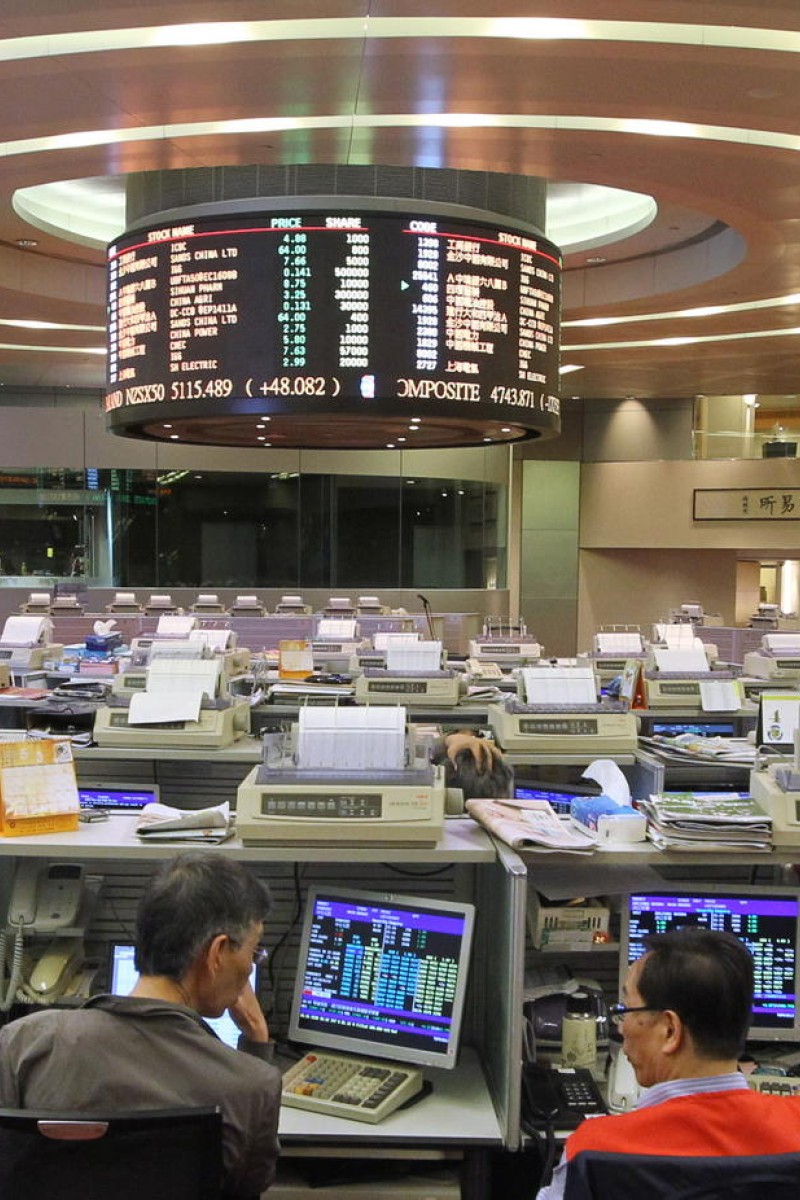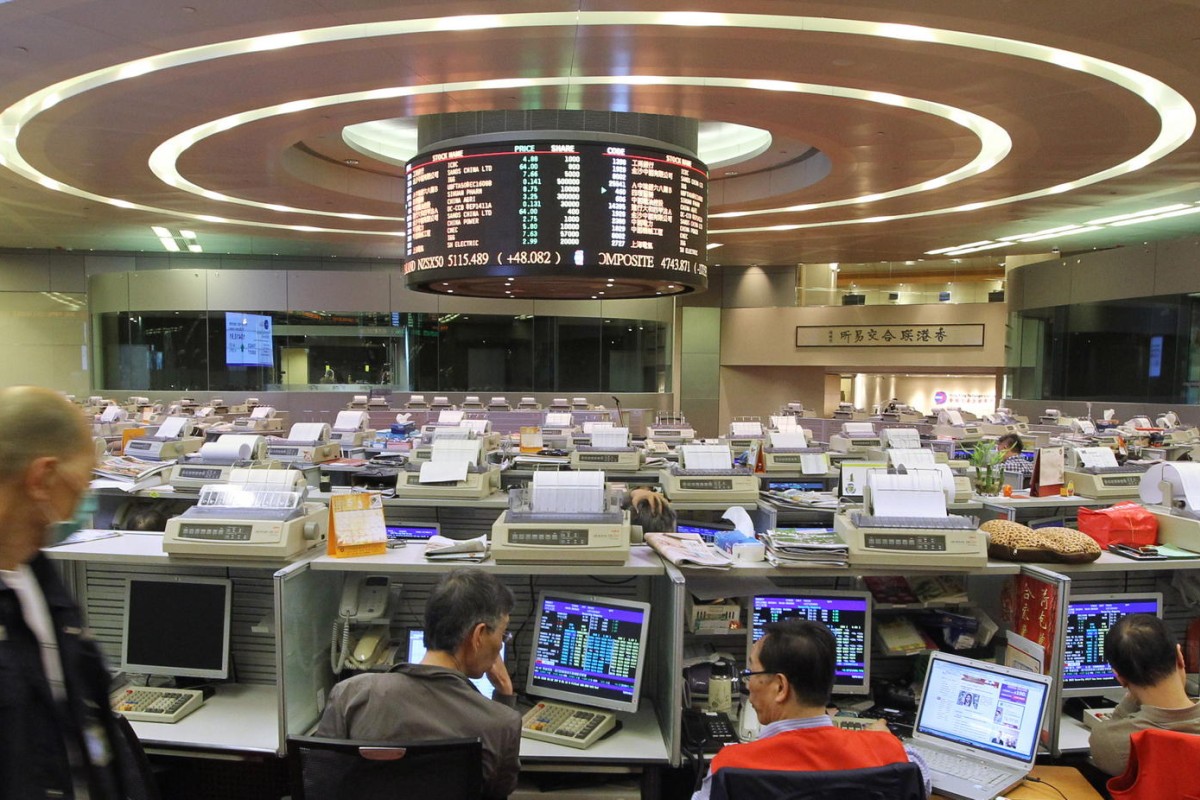
Struggling to balance
 The stock market plays a key role in Hong Kong's economy.
The stock market plays a key role in Hong Kong's economy. Hong Kong is renowned for its income inequality. Influenced by modern capitalism, many of us have been "programmed" to prioritise economic growth and efficiency. This is because we believe that all of us will gain from development, leading to a prosperous society. But a recent international bestseller tells us another side of the story.
Written by French economist Thomas Piketty, Capital in the Twenty-First Century was translated into English in March this year. The author analyses economic data from 20 countries and presents his views as to why income inequality is unavoidable.
The main argument of his "grand theory of capital and inequality" is that when the rate of return on capital is greater than the economic growth rate, income inequality is guaranteed. While wealth is created through financial and capital markets, we should also remember that an economy cannot sustain a high level of growth indefinitely.
Whether people gain their wealth through inheritance or strong entrepreneurship, the importance of wealth accumulation continues to grow, and so does their investment return - and their wealth.
While income inequality poses a threat to society, the government needs to realise that sustainability cannot be guaranteed by merely managing public expectations through economic development.
Measures targeting wealth accumulation, including a higher tax rate for billionaires and a global wealth tax, should be considered.
Those who cannot enjoy the fruits of economic growth will suffer and lose hope, endangering social harmony in the long run.